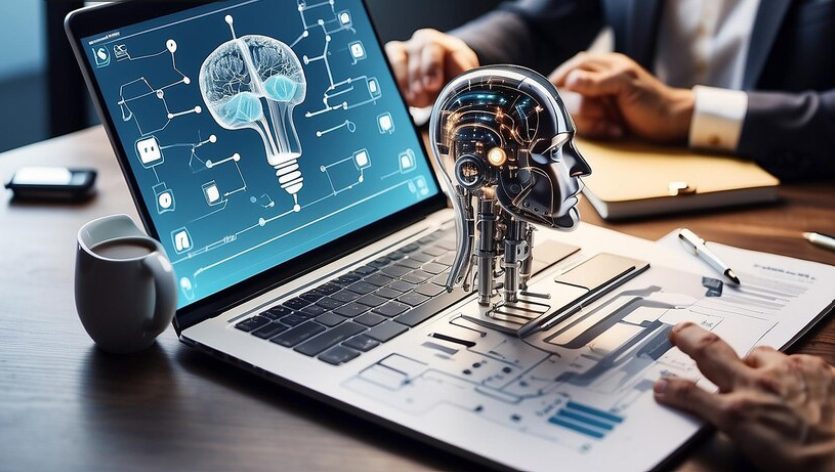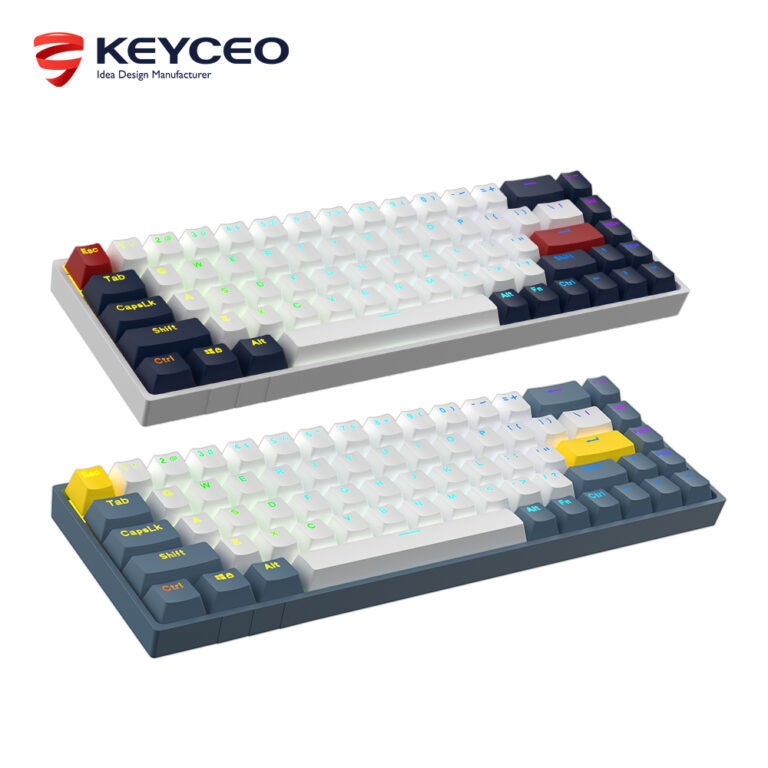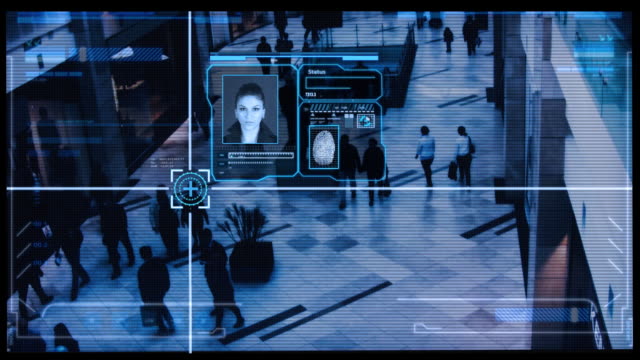Can AI smart contract audits identify potential legal risks?
The advent of blockchain technology and the rise of smart contracts have revolutionized numerous industries, from finance to supply chain management. Smart contracts, self-executing contracts with the terms of the agreement directly written into code, offer significant advantages in terms of efficiency and transparency. However, they also pose substantial risks if not properly audited. One of the crucial aspects of smart contract auditing is the identification of potential legal risks, a task that has been traditionally performed by human auditors. Recently, AI smart contract audits have emerged as a promising tool to enhance the accuracy and efficiency of this process. This article explores the capabilities of AI in smart contract auditing, particularly in identifying potential legal risks, and discusses the role of Solidity audit tools. Finally, it introduces AuditBase, a leading AI-powered auditing platform, and highlights its benefits.
Smart Contracts and Legal Risks
Smart contracts are digital agreements that execute automatically when predefined conditions are met. Written in programming languages such as Solidity, they are primarily used on blockchain platforms like Ethereum. While smart contracts eliminate the need for intermediaries and reduce transaction costs, they are not without risks. Legal risks, in particular, can arise from various sources, including:
- Ambiguities in Code: Misinterpretation of the contract terms due to poorly written or ambiguous code.
- Regulatory Compliance: Failure to comply with relevant laws and regulations, which can vary significantly across jurisdictions.
- Security Vulnerabilities: Exploitable flaws in the contract code that can lead to unauthorized access or manipulation.
- Contractual Disputes: Disagreements over the interpretation of the contract terms, which can lead to litigation.
The Role of AI in Smart Contract Audits
AI technology has the potential to revolutionize the auditing process of smart contracts by enhancing accuracy, efficiency, and comprehensiveness. AI-powered smart contract audits can:
- Automate Code Review: AI tools can automatically scan the smart contract code to identify errors, vulnerabilities, and compliance issues. This reduces the time and effort required for manual code reviews.
- Improve Accuracy: Machine learning algorithms can learn from vast datasets of smart contract code, improving their ability to detect subtle issues that might be overlooked by human auditors.
- Enhance Security: AI can identify patterns and anomalies that indicate potential security threats, helping to prevent exploits and attacks.
- Ensure Regulatory Compliance: AI systems can be updated with the latest regulatory requirements, ensuring that smart contracts comply with relevant laws and standards.
Identifying Legal Risks with AI
Legal risks in smart contracts can be particularly challenging to identify due to the complexity of the code and the dynamic nature of legal requirements. AI can address these challenges in several ways:
- Natural Language Processing (NLP): AI can use NLP to understand and interpret the natural language text embedded in smart contracts, identifying ambiguities and potential legal issues.
- Pattern Recognition: By analyzing large datasets of past legal cases and smart contract code, AI can identify patterns that are indicative of legal risks, such as common vulnerabilities or compliance failures.
- Predictive Analytics: AI can predict potential legal disputes by analyzing the contract terms and comparing them to historical data of legal conflicts.
- Continuous Monitoring: AI-powered tools can continuously monitor deployed smart contracts for any changes in regulatory requirements or emerging legal risks, ensuring ongoing compliance.
Solidity Audit Tools
Solidity, the most widely used programming language for writing Ethereum smart contracts, requires specialized auditing tools to ensure the integrity and security of the code. Solidity audit tool are designed to analyze smart contract code written in Solidity, identifying bugs, vulnerabilities, and compliance issues. Key features of Solidity audit tools include:
- Static Analysis: Examining the code without executing it to identify syntax errors, logical flaws, and potential security vulnerabilities.
- Dynamic Analysis: Running the code in a controlled environment to observe its behavior and detect runtime errors or vulnerabilities.
- Formal Verification: Using mathematical methods to prove the correctness of the code, ensuring that it behaves as intended under all possible conditions.
- Gas Optimization: Identifying areas where the code can be optimized to reduce gas consumption, lowering transaction costs on the Ethereum network.
Leading AI-Powered Solidity Audit Tools
Several AI-powered tools have emerged to enhance the auditing process of Solidity smart contracts. These tools leverage machine learning, NLP, and other AI technologies to provide comprehensive and accurate audits. Some notable examples include:
- MythX: A popular security analysis service for Ethereum smart contracts, MythX uses a combination of static and dynamic analysis to identify vulnerabilities in Solidity code.
- Securify: Developed by the Ethereum Foundation, Securify uses formal verification techniques to ensure the correctness and security of smart contracts.
- Slither: An open-source static analysis tool that provides detailed insights into the security and performance of Solidity code.
AuditBase
As the demand for secure and reliable smart contracts continues to grow, the need for advanced auditing solutions becomes increasingly important. AuditBase is a cutting-edge AI-powered platform that offers comprehensive smart contract auditing services. Designed to address the unique challenges of smart contract auditing, AuditBase provides several key benefits:
- Automated Audits: AuditBase automates the auditing process, reducing the time and effort required for manual reviews. Its AI algorithms can quickly and accurately identify vulnerabilities, compliance issues, and legal risks.
- Advanced Security: By leveraging machine learning and pattern recognition, AuditBase can detect complex security threats that might be missed by traditional auditing methods.
- Regulatory Compliance: AuditBase stays up-to-date with the latest regulatory requirements, ensuring that smart contracts comply with relevant laws and standards.
- Comprehensive Reporting: AuditBase provides detailed reports that highlight identified issues and recommend remediation steps, helping developers to quickly and effectively address any problems.
- Continuous Monitoring: AuditBase offers continuous monitoring services to ensure that deployed smart contracts remain secure and compliant over time.
AI smart contract audits represent a significant advancement in the field of blockchain technology. By automating the auditing process and leveraging advanced AI techniques, these audits can identify potential legal risks more accurately and efficiently than traditional methods. Solidity audit tools play a crucial role in this process, providing the necessary insights and analysis to ensure the integrity and security of smart contract code.
AuditBase, with its AI-powered capabilities, stands out as a leading platform for smart contract auditing. By offering automated audits, advanced security features, regulatory compliance, comprehensive reporting, and continuous monitoring, AuditBase provides a robust solution for developers and organizations looking to ensure the safety and reliability of their smart contracts.
As blockchain technology continues to evolve and the use of smart contracts becomes more widespread, the importance of thorough and effective auditing cannot be overstated. AI smart contract audit, supported by powerful tools like AuditBase, will be essential in mitigating legal risks and ensuring the long-term success of blockchain applications in the United States and beyond.
FAQs
1. What are smart contracts and why are they important?
Smart contracts are self-executing contracts with the terms of the agreement directly written into code. They automate the execution of agreements without the need for intermediaries, which increases efficiency and reduces transaction costs.
2. What are some common legal risks associated with smart contracts?
Legal risks include ambiguities in code that can lead to misinterpretation, failure to comply with regulatory requirements, security vulnerabilities that can be exploited, and contractual disputes over the interpretation of the contract terms.
3. How can AI enhance the auditing process of smart contracts?
AI can automate code reviews, improve accuracy by learning from vast datasets, enhance security by identifying patterns and anomalies, and ensure regulatory compliance by staying updated with the latest legal requirements.
4. What is Solidity and why is it significant for smart contracts?
Solidity is a programming language used for writing smart contracts on the Ethereum blockchain. It is significant because it is the most widely used language for this purpose, and specialized auditing tools are required to ensure the security and correctness of Solidity code.
5. What features should a good Solidity audit tool have?
A good Solidity audit tool should offer static analysis, dynamic analysis, formal verification, and gas optimization to comprehensively assess the security and performance of smart contract code.
6. What are some leading AI-powered Solidity audit tools?
Leading tools include MythX, Securify, and Slither, which leverage AI to provide comprehensive security analysis and auditing of Solidity code.
7. What is AuditBase and what makes it a leading auditing platform?
AuditBase is an AI-powered platform for auditing smart contracts. It automates the auditing process, provides advanced security features, ensures regulatory compliance, offers comprehensive reporting, and provides continuous monitoring of deployed smart contracts.
8. How does AuditBase help in identifying potential legal risks in smart contracts?
AuditBase uses AI techniques such as natural language processing, pattern recognition, and predictive analytics to identify ambiguities, compliance issues, and potential legal disputes, ensuring that smart contracts are both secure and legally sound.
9. Why is continuous monitoring important for smart contracts?
Continuous monitoring is important because it ensures that deployed smart contracts remain secure and compliant with evolving legal and regulatory requirements, preventing potential issues from arising post-deployment.
10. How can AI smart contract audits benefit developers and organizations in the United States?
AI smart contract audits can provide developers and organizations with increased accuracy and efficiency in identifying legal and security risks, ensuring compliance with U.S. laws and regulations, and ultimately contributing to the reliable and secure deployment of blockchain applications.







